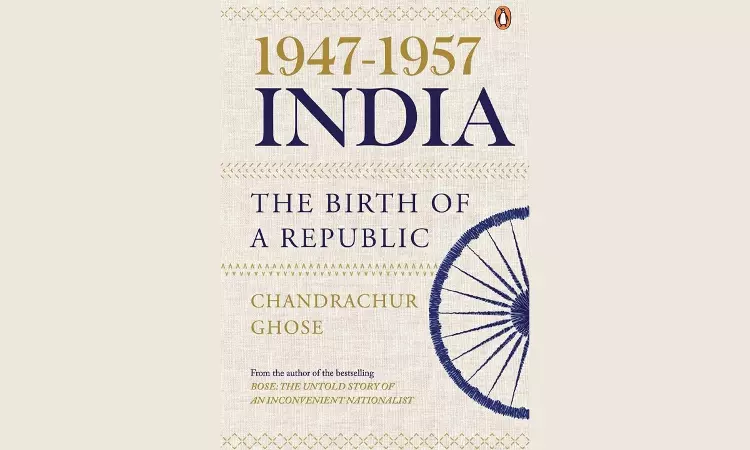A critical look at the mayhem of the contemporary events surrounding us points to the questions about their backward linkages, their ought to be consequences, till the questions regarding origin of their discourse. In the contemporary political scenario with Union parliamentary elections just around the corner, multiplicity of passions and pressing issues are coming to light where the...

